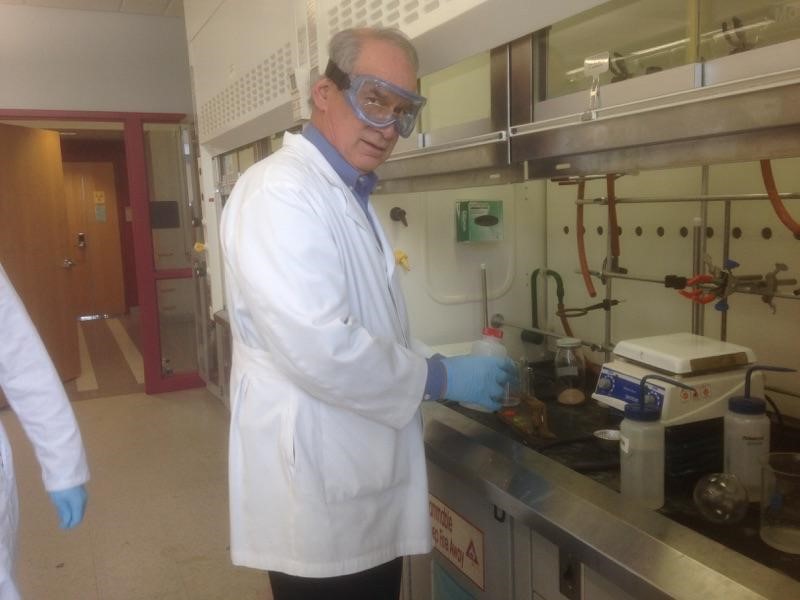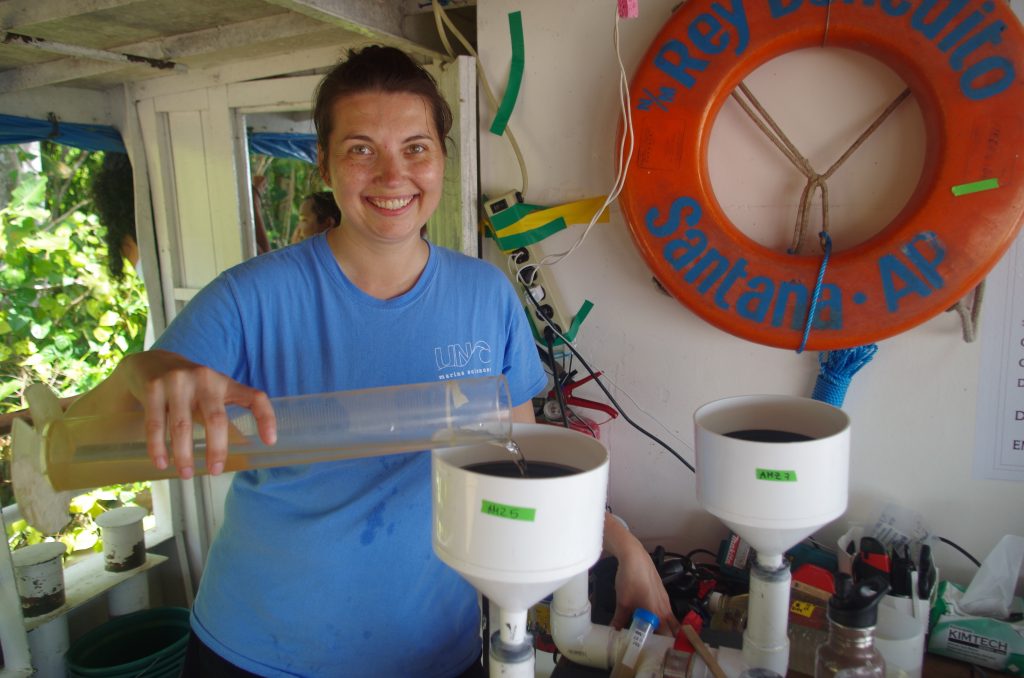
Three scientists at the University of North Carolina at Chapel Hill have received a $1 million grant from the W.M. Keck Foundation’s Medical Research Program to study a widespread but largely unexplored phenomenon that may be implicated in many diseases, including cancer.
The phenomenon, called protein methylation, has added a new dimension in our understanding of how genes and other aspects of the cell are regulated, explained Marcey L. Waters, principal investigator of the project and professor in the department of chemistry in UNC’s College of Arts and Sciences. Proteins are modified with these chemical tags, which in turn change their behavior in ways that are important for turning on or off their functions.
“However, protein methylation is challenging to study,” said Waters, “largely because we lack the right tools to study it. The goal of this grant is to help us develop the tools to better characterize this phenomenon – how many proteins are methylated in different cells, what happens when protein methylation goes awry, and how this influences other chemical interactions that regulate gene expression.”
The new tools will provide researchers with a map of these chemical tags and the patterns with which these tags decorate the surface of different proteins. A visual and/or chemical representation of these patterns may provide breakthrough insights into why certain cells become diseased while others stay healthy. Furthermore, Waters and her co-principal investigators, Brian D. Strahl and Xian Chen, associate professors in the department of biochemistry and biophysics in UNC’s School of Medicine, plan to use these new tools to pinpoint precisely which molecular interactions within cells break down and lead to disease. This could open the door to the development of highly specific and targeted therapies.
“Mapping differences in the protein methylation process in normal and diseased cells may provide key information for the development of future treatments,” said Waters.
Chen and Strahl are also members of the UNC Lineberger Comprehensive Cancer Center.




